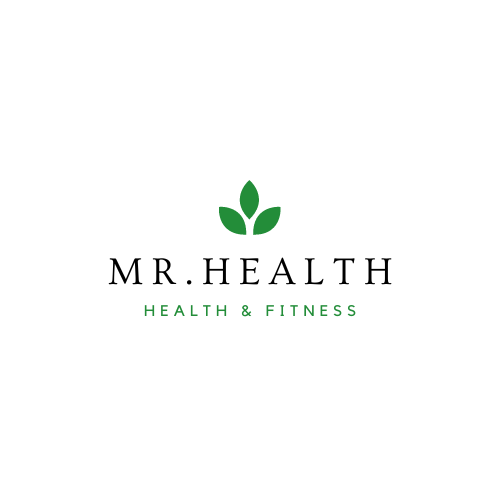Colds are one of the most common illnesses, affecting millions of people every year. While there’s no cure for the common cold, over-the-counter (OTC) medications can help alleviate symptoms, making it easier to get through the day. In this blog, we’ll explore the best medicines for cold relief and how to use them effectively.
Symptoms of the Common Cold
Cold symptoms typically include a runny or stuffy nose, sore throat, cough, sneezing, mild body aches, and fatigue. Knowing your symptoms will help you choose the right medication to feel better faster.
1. Decongestants
Decongestants, such as pseudoephedrine (Sudafed) or oxymetazoline (Afrin nasal spray), help reduce nasal swelling, making it easier to breathe. These medications are ideal if you’re dealing with a stuffy nose or sinus congestion.
Tip: Avoid using nasal sprays for more than three days to prevent rebound congestion.
2. Antihistamines
If your cold comes with a runny nose and sneezing, antihistamines like diphenhydramine (Benadryl) or loratadine (Claritin) can provide relief. They work by blocking histamines, which trigger allergy-like symptoms.
Tip: Some antihistamines may cause drowsiness, so opt for non-drowsy versions if you need to stay alert.
3. Cough Suppressants and Expectorants
- Cough suppressants like dextromethorphan (Robitussin or Delsym) help reduce persistent coughing, especially at night.
- Expectorants like guaifenesin (Mucinex) thin mucus, making it easier to expel.
4. Pain Relievers and Fever Reducers
Cold symptoms like headaches, muscle aches, and fever can be alleviated with ibuprofen (Advil) or acetaminophen (Tylenol). These medicines are particularly helpful for overall discomfort.

Home Remedies to Boost Effectiveness
- Stay Hydrated: Drink plenty of water, herbal teas, or broths.
- Rest: Allow your body time to recover.
- Humidifiers: Adding moisture to the air can ease congestion and throat irritation.
When to See a Doctor
While most colds resolve within 7–10 days, consult a healthcare provider if symptoms worsen, last longer, or include high fever, severe sinus pain, or difficulty breathing.
By using the right combination of medications and remedies, you can manage cold symptoms effectively and get back to your daily routine. Always follow the instructions on the label and consult a pharmacist or doctor if you’re unsure about which medicine to take.













